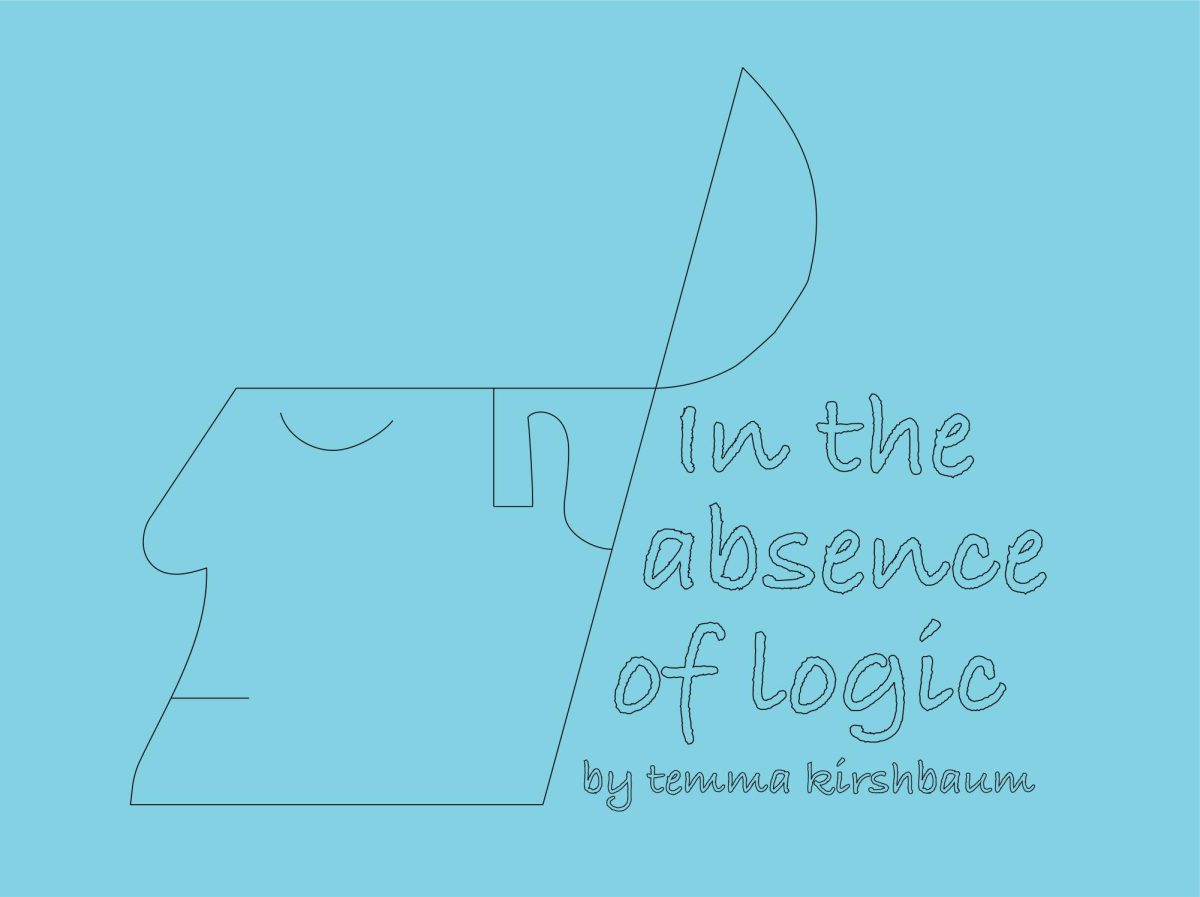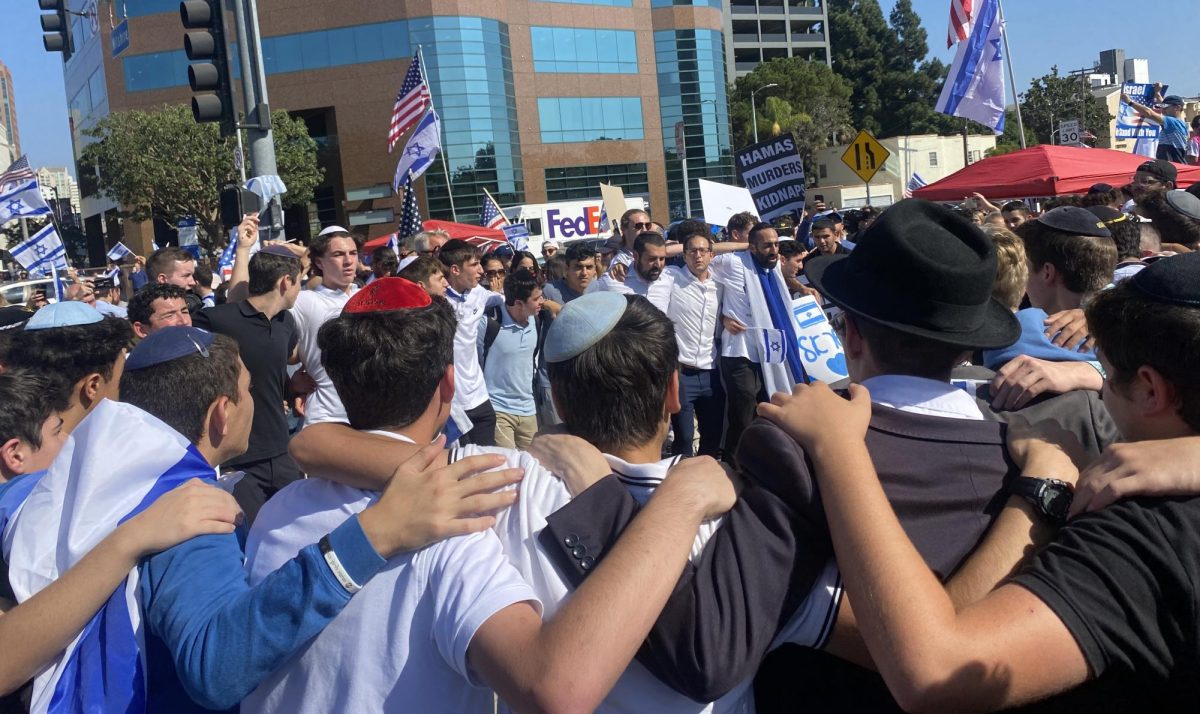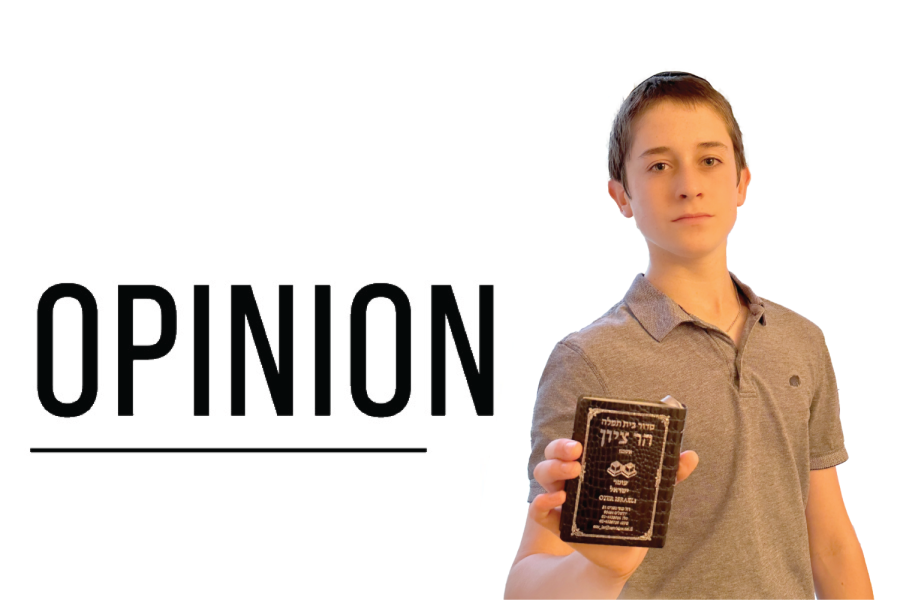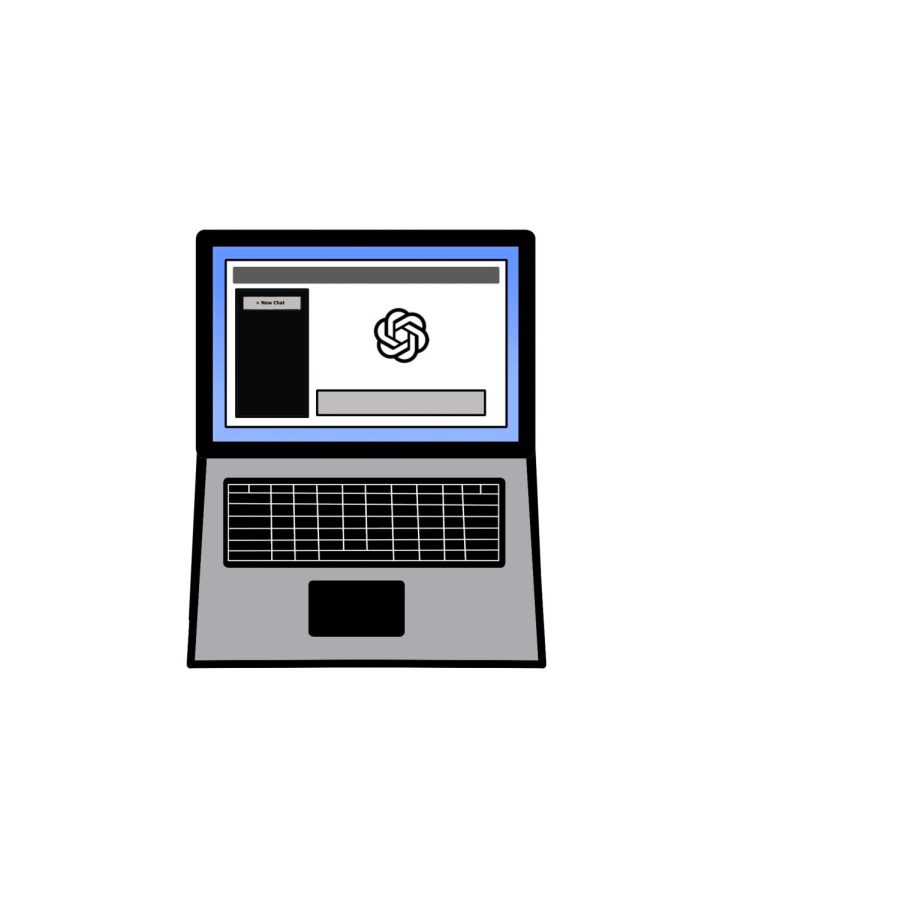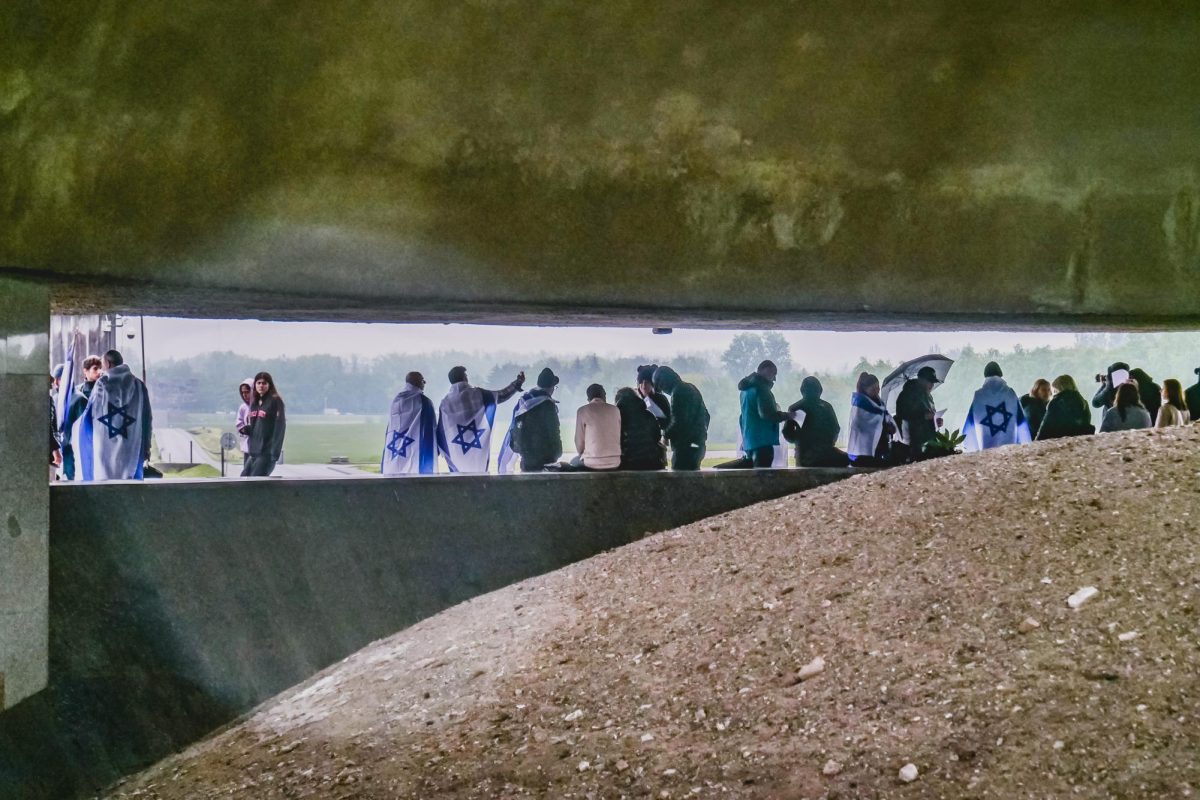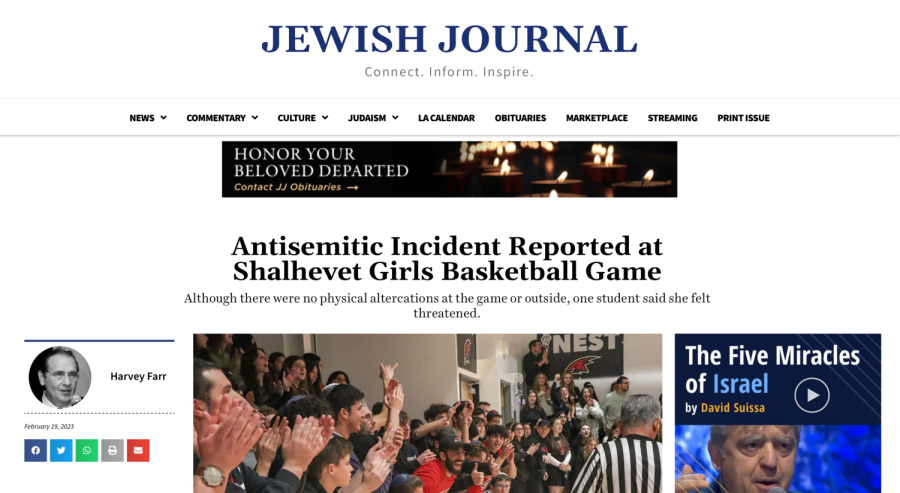When Rabbi Weinbach abruptly announced his resignation – at first effective immediately, then effective at the end of the year – we were shocked. And when his departure lacked the comprehensive explanation and openness that accompanied the similarly surprising news of the lower schools closing, our shock was joined by feelings of confusion, disappointment, and betrayal.
But these sentiments were not just a response to his unexpected resignation and the somewhat cloudy manner that accompanied it. They also reflected what an asset Rabbi Weinbach was to Shalhevet – his excellent chemistry with teachers and students alike, his grasp and support of the school’s unique culture, his broad and rapid record of accomplishment, and the sense that there would be much more accomplishment … if he weren’t leaving.
Rabbi Weinbach delivered tangible change to the school. He brought stability to Shalhevet’s finances, encouraged its academics, supported the extracurriculars, improved the financial aid system, and reformed much about the way we study and understand our observance of Judaism. Under his leadership, Shalhevet also became a tidier, more organized place.
So what happened? Rabbi Weinbach says he made his decision for the needs of his family and his own need for “personal space,” despite “considerations of money, professional prestige, and the good life in LA.” What about considerations of loyalty, timing, responsibility, and stability?
Luckily, a school is more than a headmaster, and we have the Just Community, a dedicated and talented faculty, and a new, capable administrative team to rally behind. We’re confident that Mr. Tranchi, Rabbi Leubitz and Dr. Parks will continue to move Shalhevet forward, and we urge students to participate actively in school culture and democracy at this crucial point in Shalhevet’s young life. The future of Shalhevet is our responsibility (no pressure, though).
Meanwhile, Rabbi Weinbach has asked students, faculty, and parents for forgiveness on two occasions, once at a parent and staff meeting and once at Town Hall, and both times using the Hebrew word “mechila.” Requesting mechila is deeper and more significant than simply saying “sorry,” perhaps because we associate it with Yom Kippur and other times when we are trying to acknowledge before Hashem that we have failed. Rabbi Weinbach said he understood our emotions, and asked that we try be similarly understanding of his decision.
It is said you shouldn’t judge a person until you’ve walked a mile in his shoes, but forgiveness is a tricky thing. When someone forgives another person and means it, it’s an incredibly gratifying feeling that allows both parties to move forward and make constructive changes to their relationship. But to grant forgiveness without sincerity is to do a disservice to everyone involved.
It would be disingenuous of us to say we’ve already forgiven Rabbi Weinbach. His role in our school was far too critical, and his decision too sudden and unexplained, for us to pardon him so quickly.
But we’re working on it, and when we finally say it, you know we’ll mean it.
This story is part of the coverage that was named 2010 Multimedia Story of the Year by the National Scholastic Press Association and American Society of News Editors.



